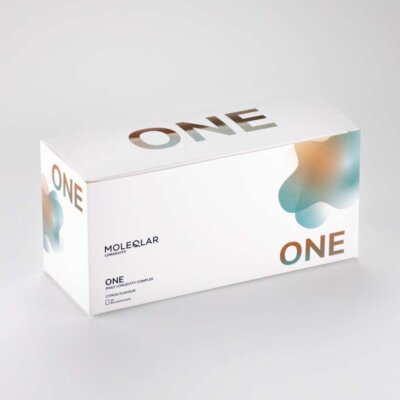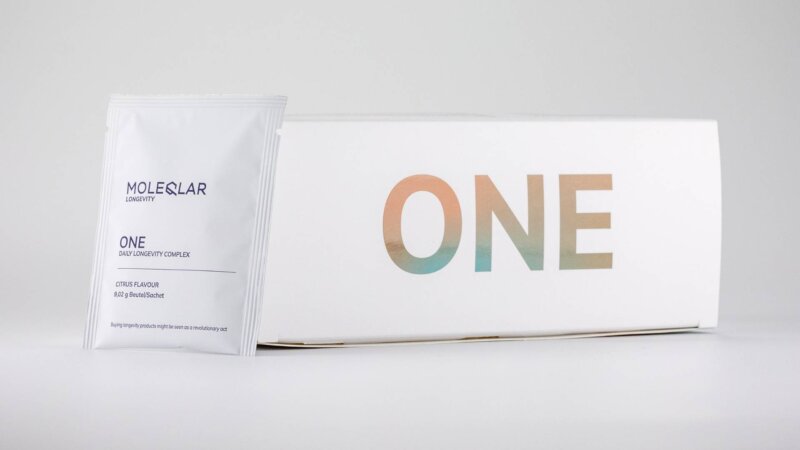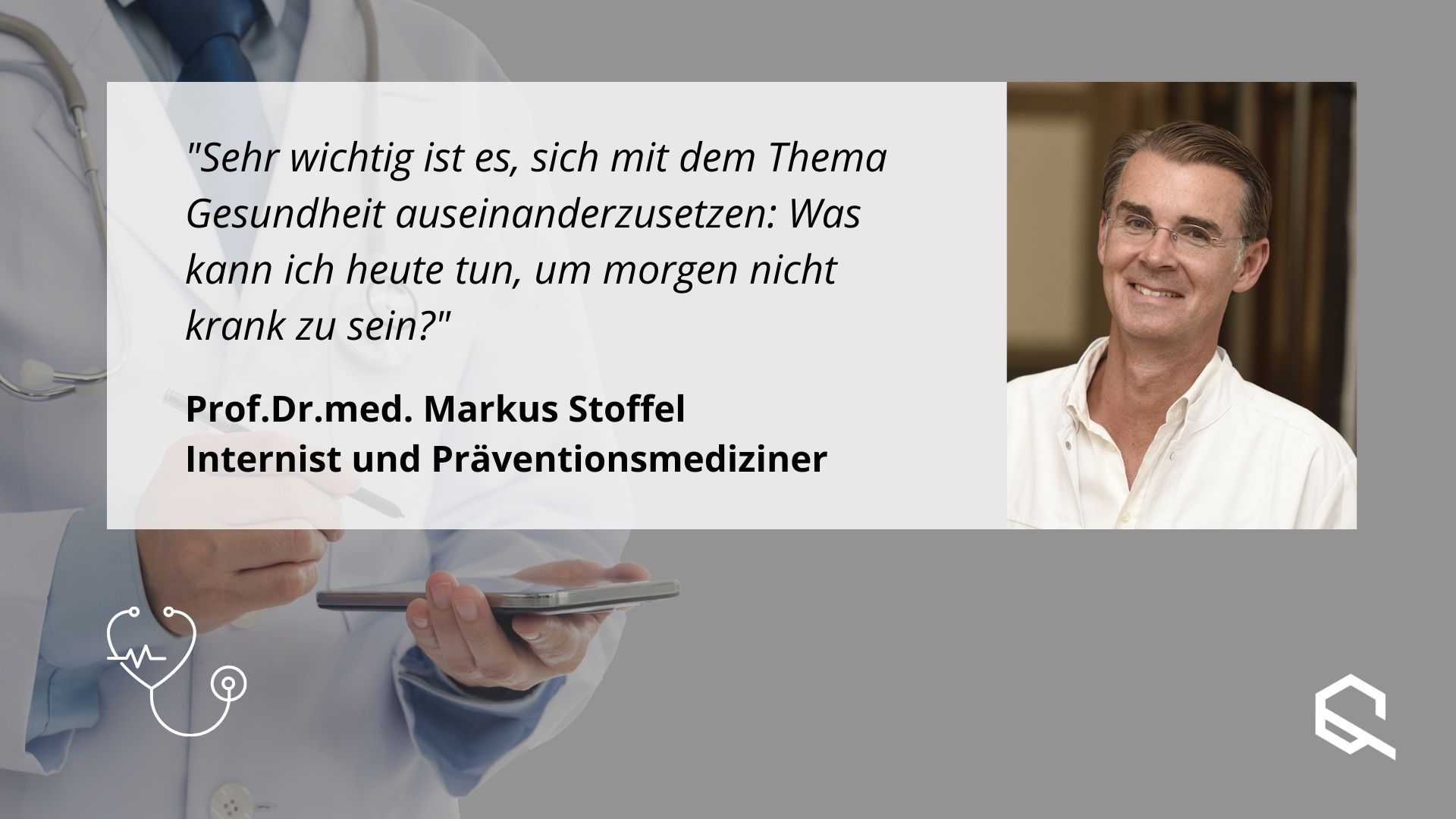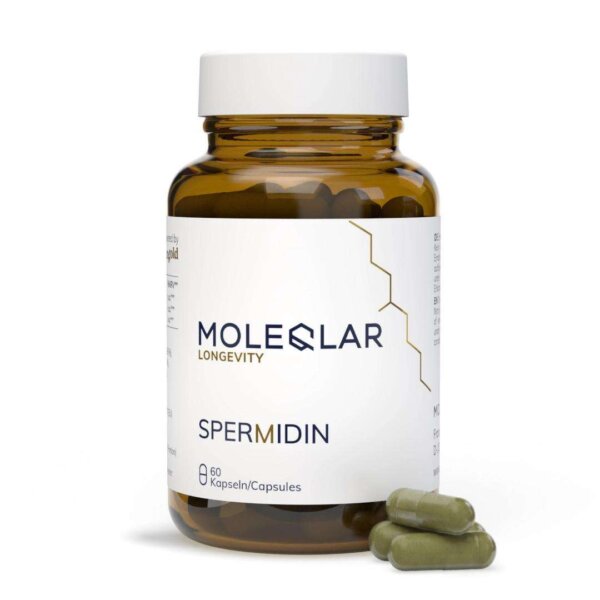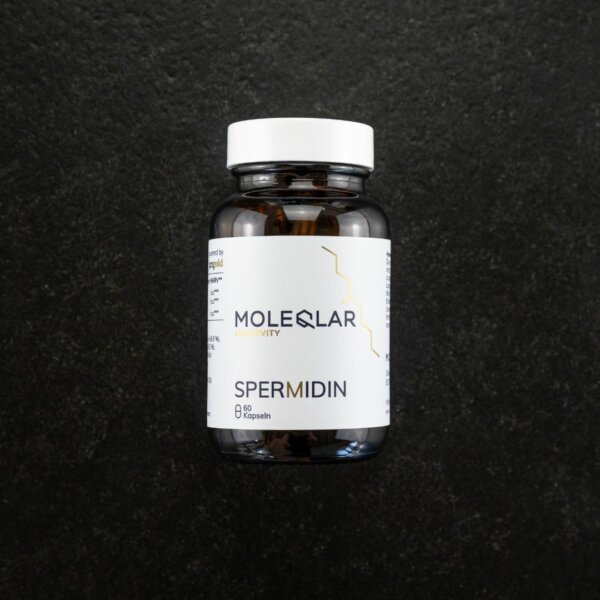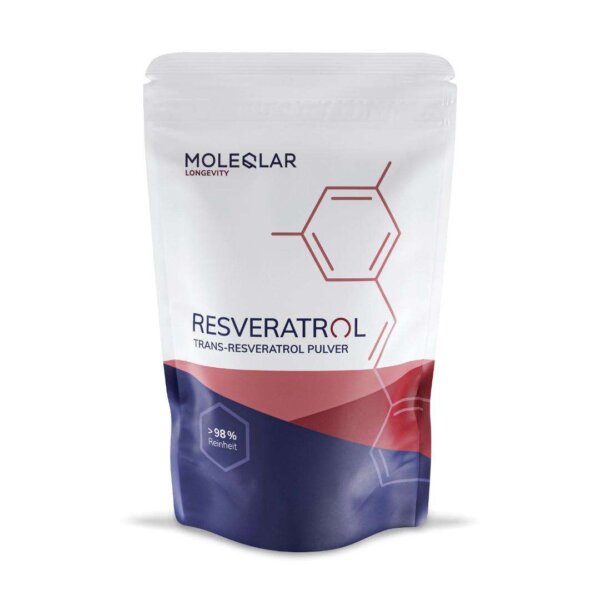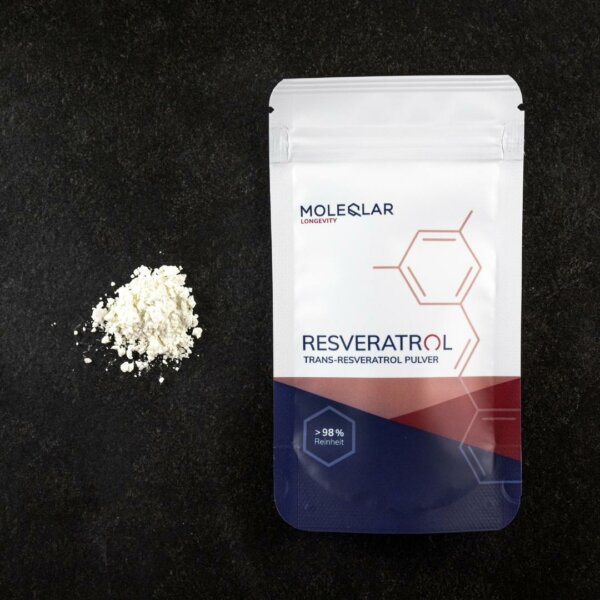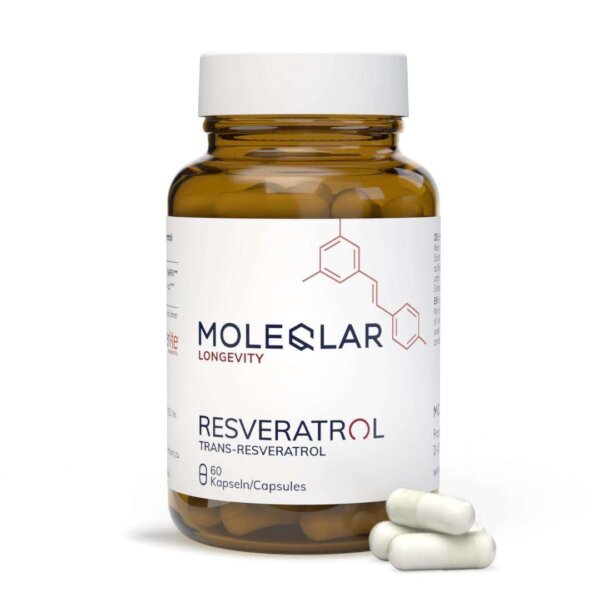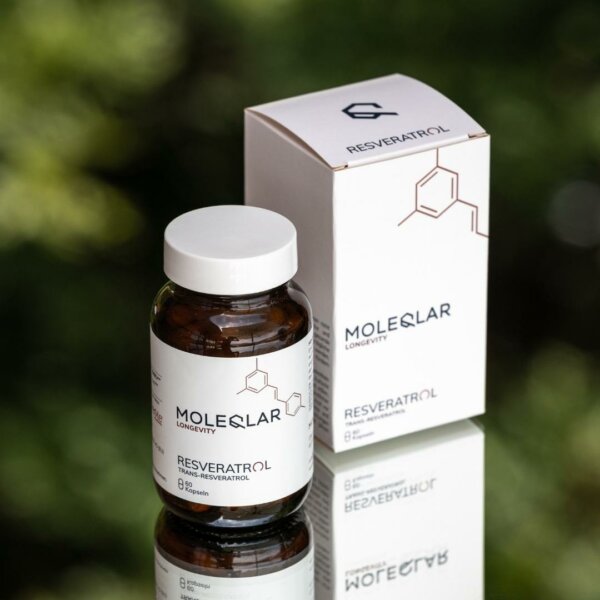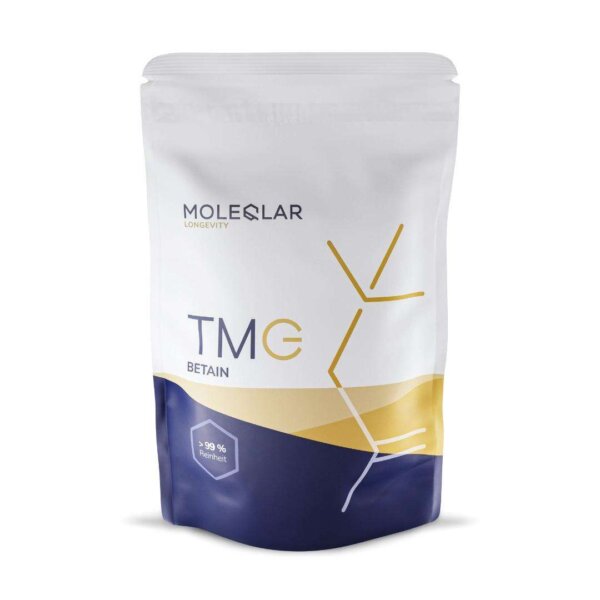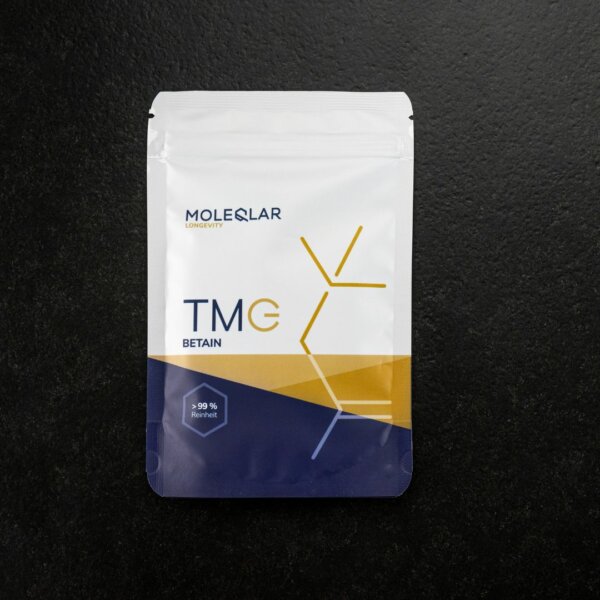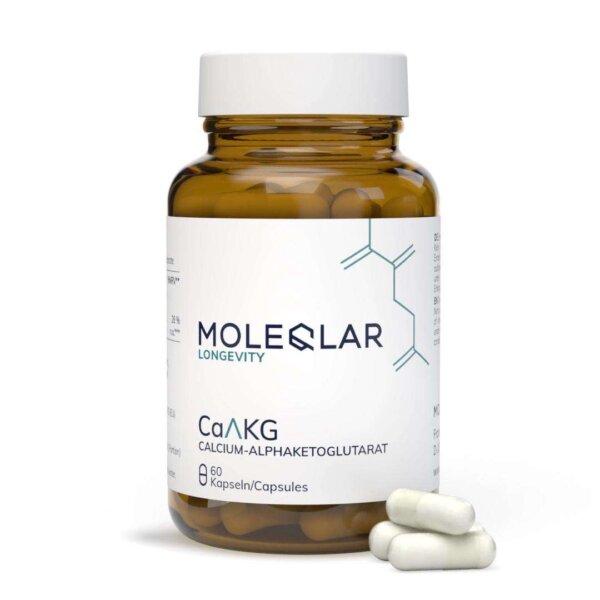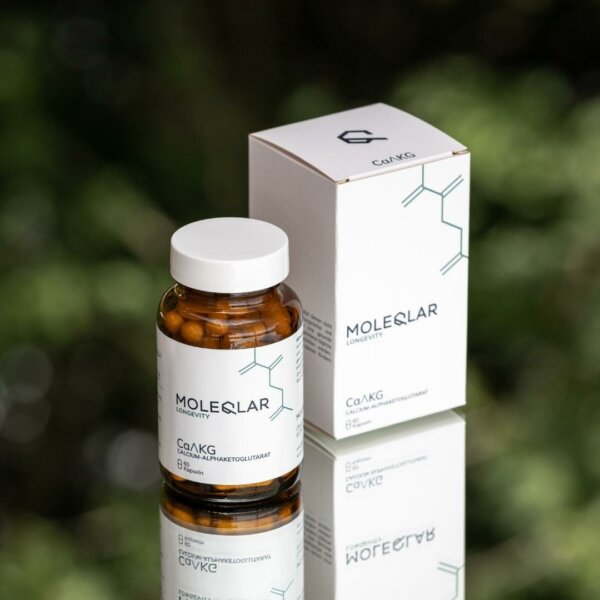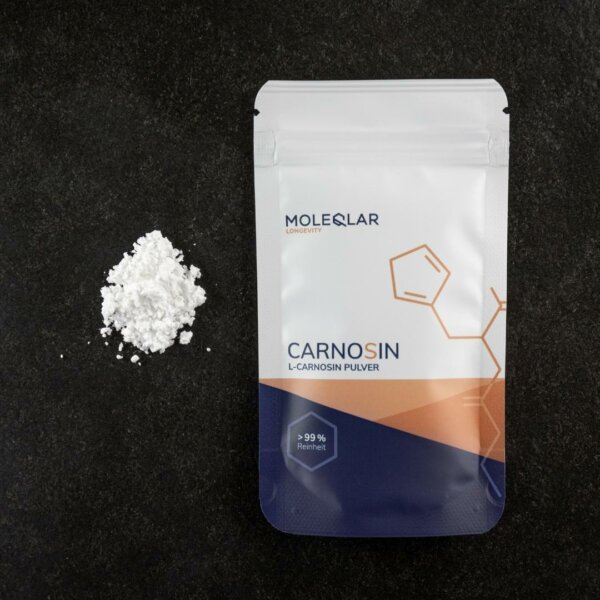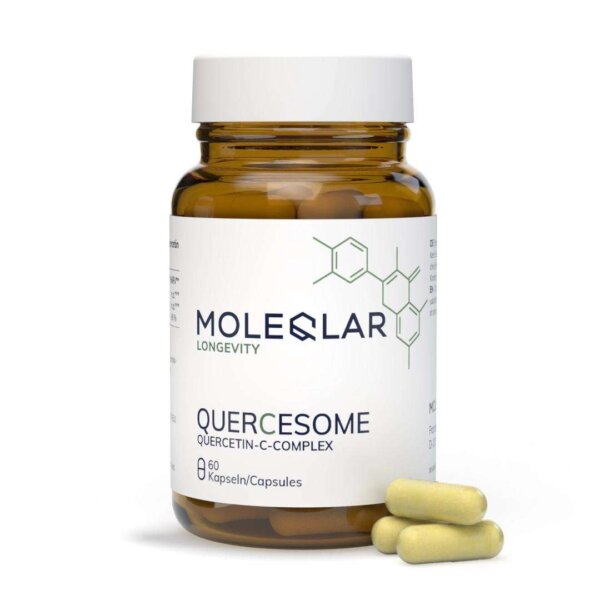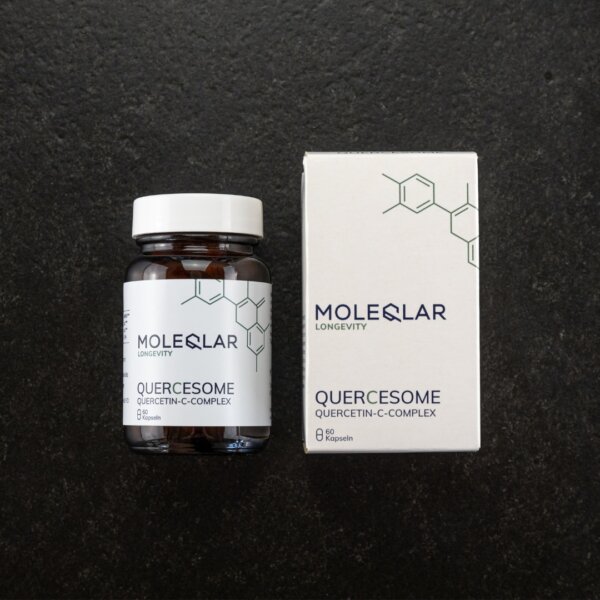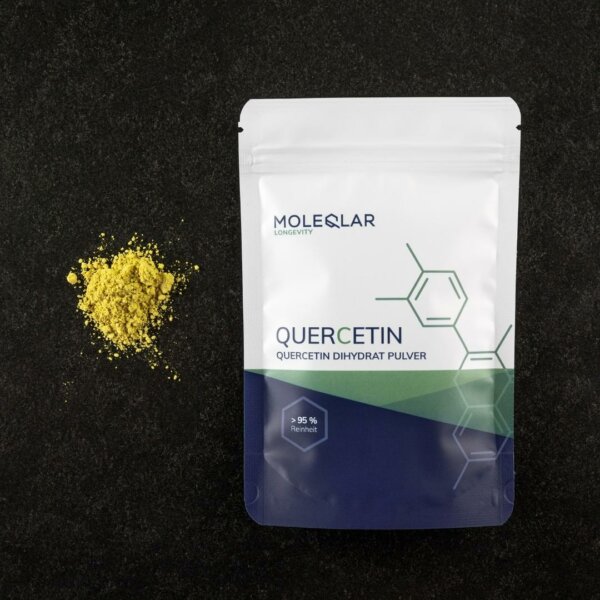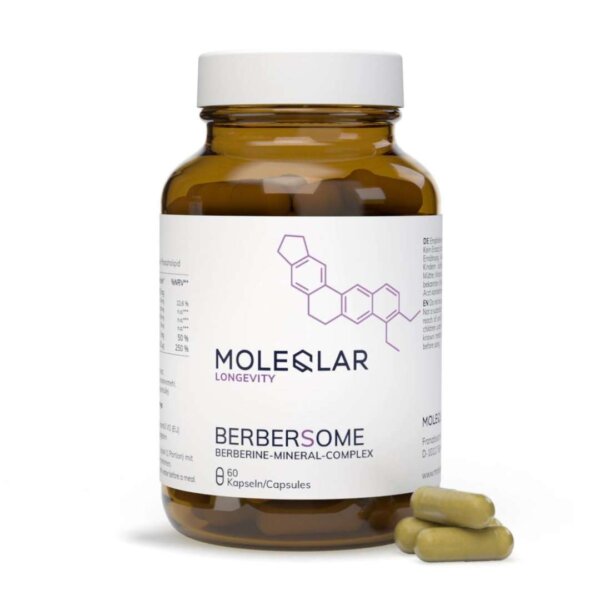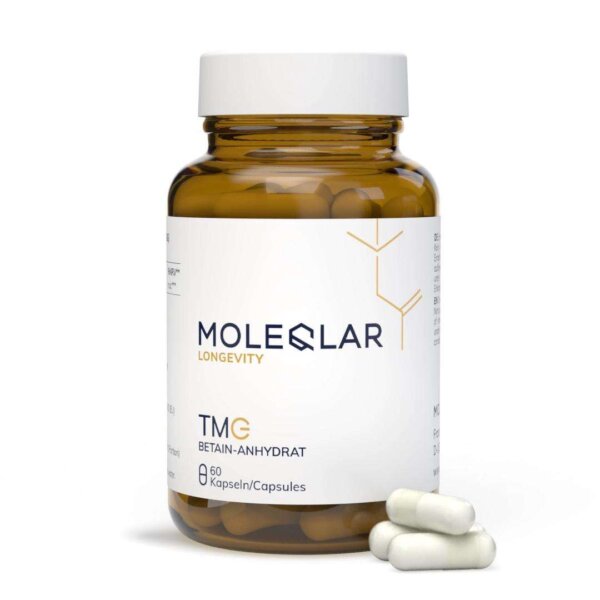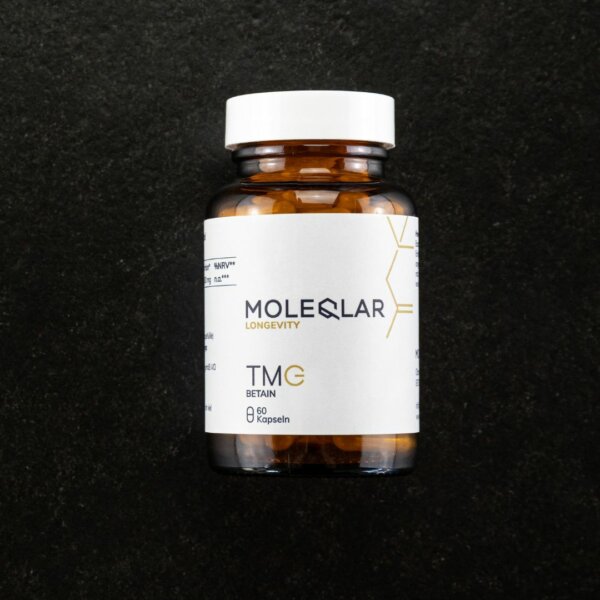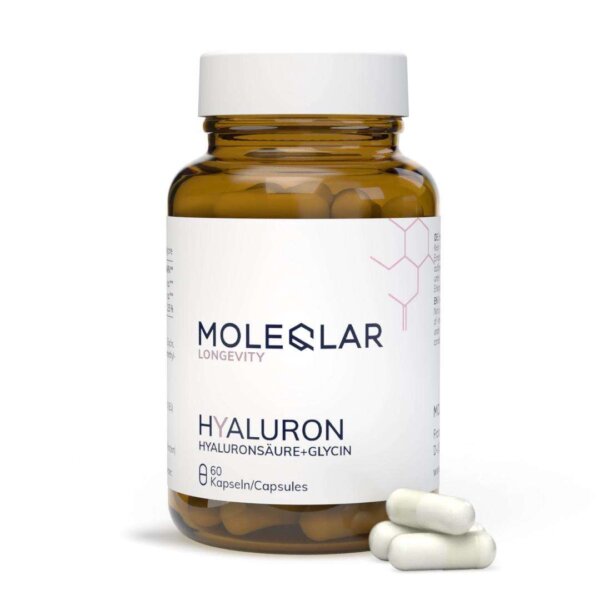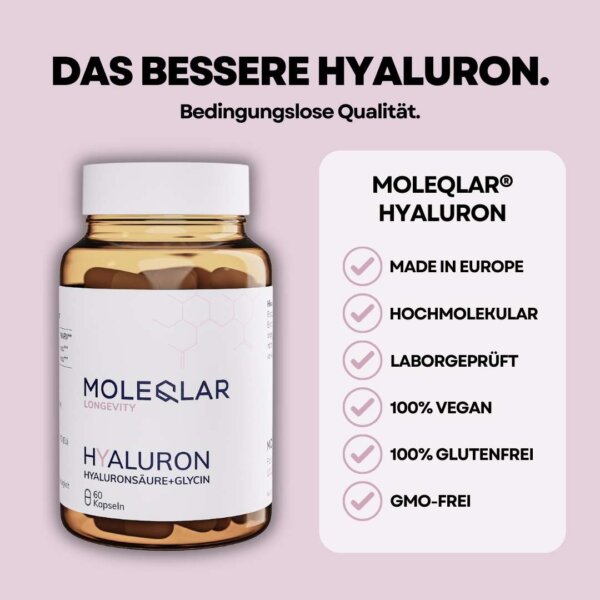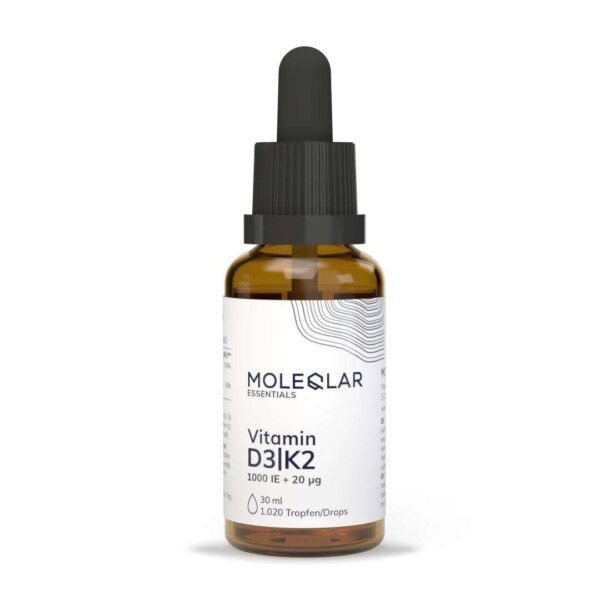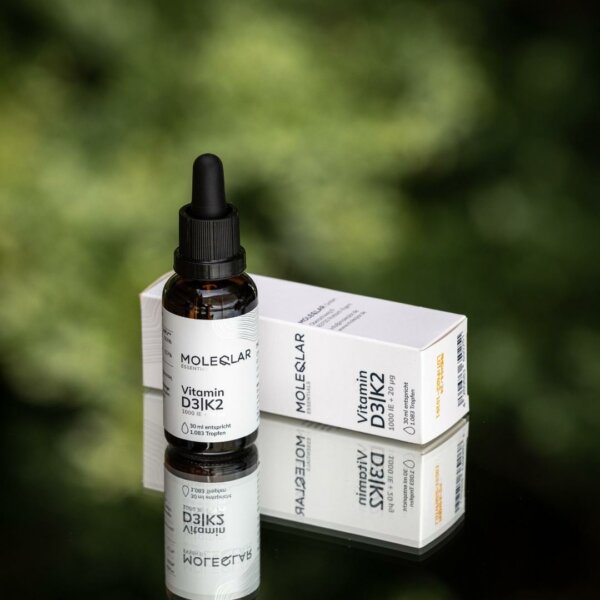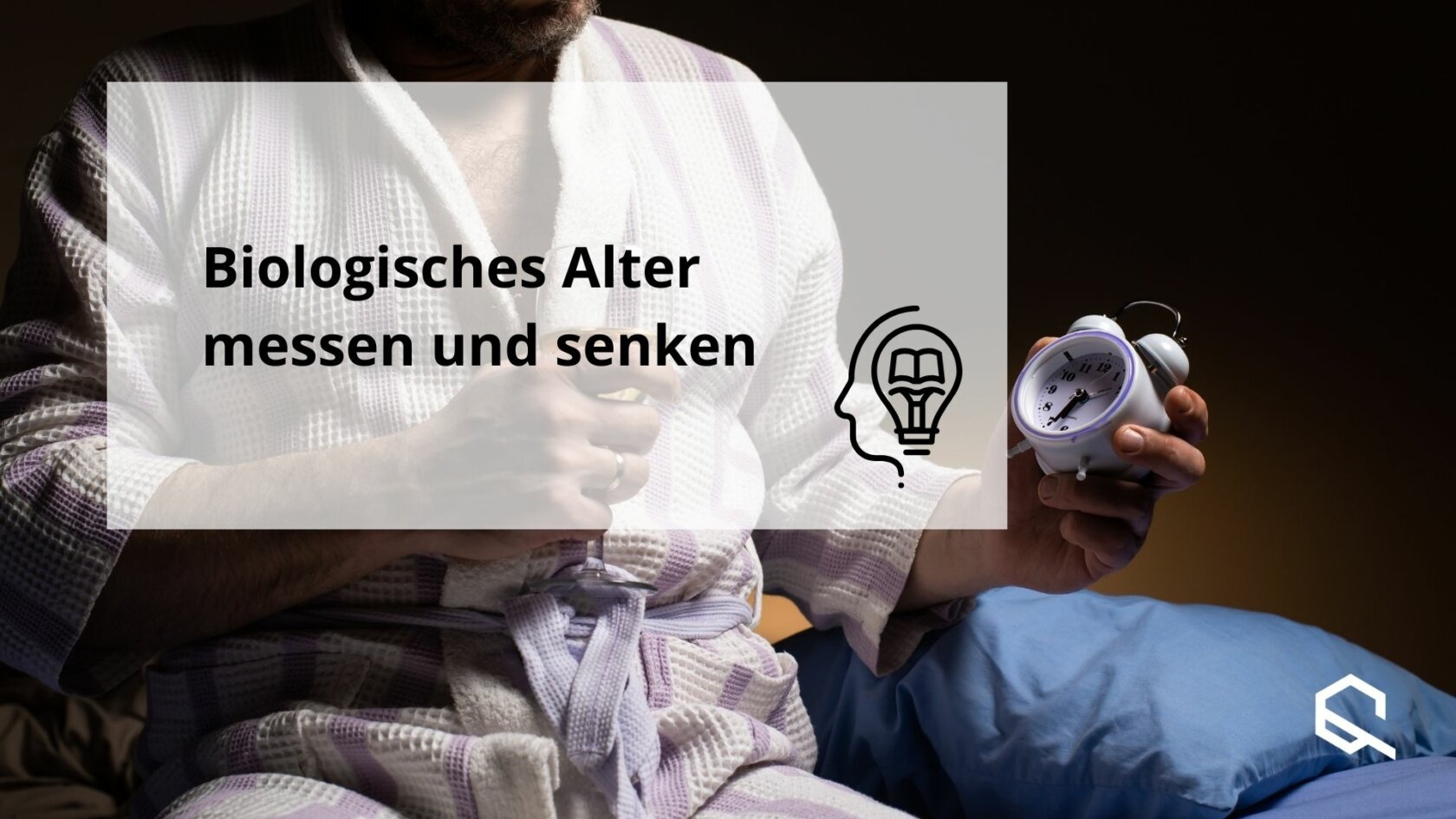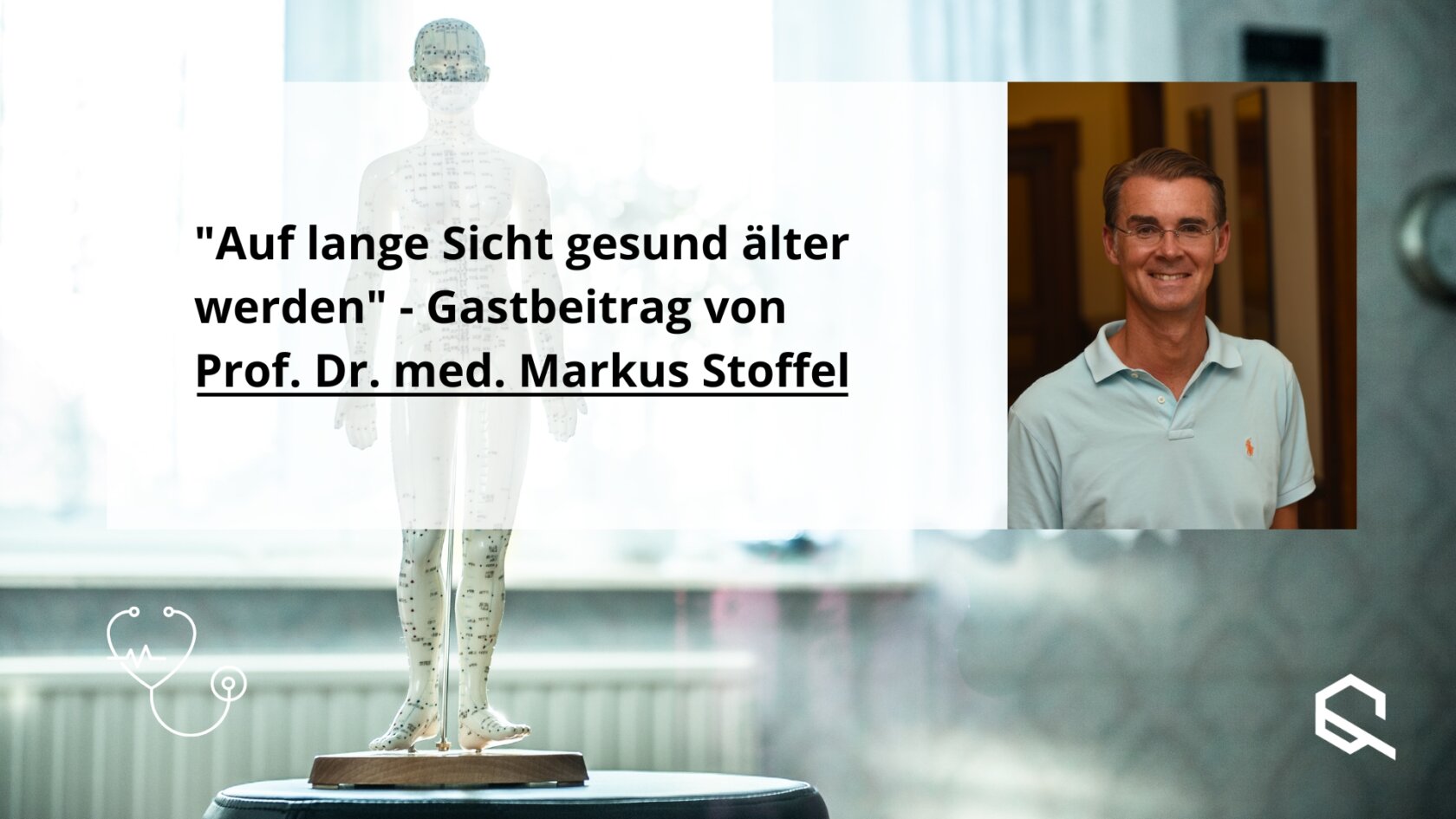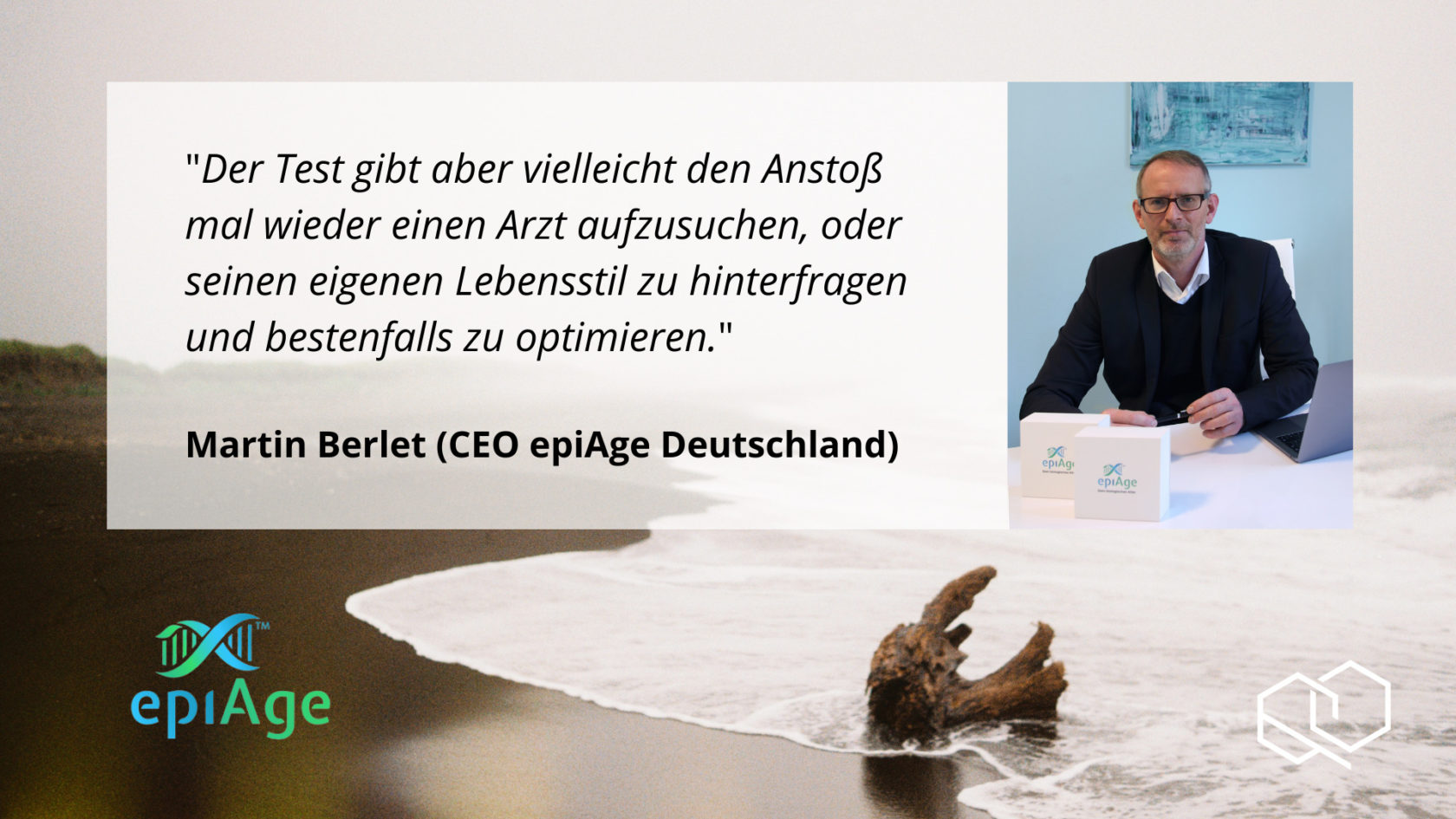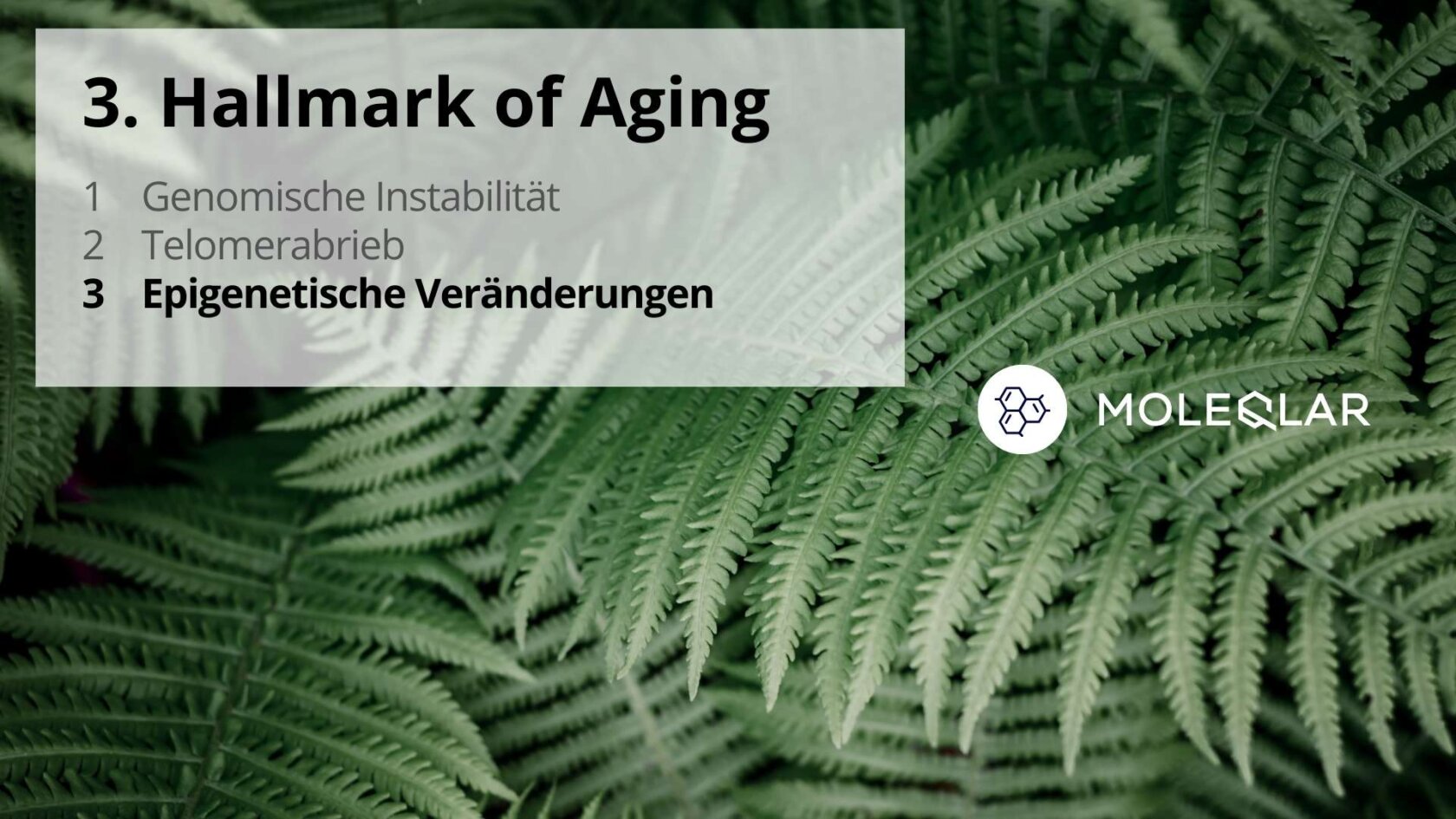May we introduce?
Prof. Dr. med. Markus Stoffel is a practising specialist in internal medicine in Munich and at Tegernsee. He specialises in preventive medicine and is also involved as a medical advisor for a number of companies, including MoleQlar.
So here and now we would like to take a look behind the scenes and find out what a doctor, armed with stethoscope and white coat, thinks about the current development of medicine, what role he plays as a doctor in it and what this means for us as patients. So take a seat on the fictitious examination couch in Prof. Dr. Stoffel's medical practice and relax - the answers to the burning questions won't be long in coming!
MoleQlar:
Prof. Stoffel, you are a doctor with many years of professional experience in various areas of medicine. As a broadly trained and experienced internist with a specialist qualification in nephrology, you have specialised above all in preventive medicine. Health and illness affect everyone. No one is exempt from this. Could you give us an insight into your thoughts on the importance of modern medicine? Have you noticed a change in this respect during your time as a working doctor?
Prof. Dr Stoffel:
A few years have passed since my student days and the time of my first professional activity ... (laughs). I was fascinated early on by the biochemical processes of our body and the ever more advanced knowledge about them, as well as genetics and epigenetics, which has been the subject of increasing research for a good decade now.
When I think of "modern medicine", I also think of the very gratifying technical developments, such as high-resolution ultrasound images and metabolism-related examinations with functional magnetic resonance or magnetic resonance tomography.
In addition, the integration of complementary diagnostics and therapy into traditional medicine plays a very important role. I am pleased to see that our patients are increasingly proactively dealing with health issues and are interested in new approaches and examination possibilities, but also in possible side effects.
And last but not least, the much-discussed but still little-implemented digitalisation contributes to being able to communicate with each other much more easily and quickly; thus, even before Corona, we offer online appointment bookings and video consultations, which are gladly used.
MoleQlar:
You yourself describe that the daily high demands, be it on a professional or private level, are an immense burden for people. Nowadays, this social pressure is particularly noticeable and costs a lot of energy. In addition, there are family histories of illness or other pre-existing conditions. What role does preventive medicine play in these social and health challenges? What part can we humans play in ensuring that we do not turn from clients into patients?
Prof. Dr Stoffel:
It is very important to deal with the issue of preventive health care on a very personal level:
What can I do today to avoid being sick tomorrow?
We all know that it is always better to prevent diseases from developing in the first place than to have to suffer and treat them later.
However, thinking and acting preventively requires personal responsibility and also personal initiative.
This includes, above all, a balanced lifestyle: a healthy diet, plenty of exercise and sufficient sleep (!) play a very important role. And you first have to know what each individual topic means. There is so much information on this subject and the biggest challenge is certainly to find out which one is correct and which one is more advanced.
But early and thorough health examinations should also be on the schedule. This is because they can identify relevant predisposition factors for diseases and still be treated in time.
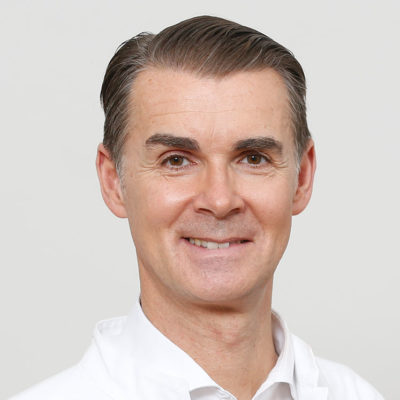
MoleQlar:
Prevention is known to be a strategic concept in medicine. While curative medicine focuses on curing - but often it is only alleviating or delaying - diseases, preventive medicine refers to the avoidance and detection of diseases. According to you, should we get to the bottom of the causes of health as early as possible, before physical complaints and mental suffering force us to act? As a doctor, how do you practice this kind of preventive medicine?
Prof. Dr Stoffel:
You are suggesting exactly the right thing!
The earlier we recognise deficits, the sooner we can compensate for them and thus actively counteract the development of diseases.
Who would not want to be free of physical complaints and mental suffering? In our practices, to determine your health status quo, we first conduct a very thorough anamnesis, i.e. an individually focussed conversation, and usually then an imaging examination and diagnosis. With a targeted blood test, we then look "one level deeper" than the "big blood count", which sounds so comprehensive - and additionally analyse minerals, vitamins and trace elements. If there are imbalances here, these can be balanced in time before diseases develop.
MoleQlar:
In modern medicine, specialists distinguish between lifespan and healthspan. While the lifespan is self-explanatory and reflects the total number of years we live, the health span is understood as the number of years we spend healthy, free and free from illness. This philosophy is subsumed under the term "longevity" with the following goal: extending the time we live healthily. In your opinion, is there an important step in preventive medicine where the focus is not on treating illness, but rather on maintaining and promoting health? What advice would you give your patients in this regard?
Prof. Dr Stoffel:
In order to keep the health span as long as possible, it is important to know and, if possible, eliminate the risks that lead to the most common diseases in our society - namely diseases of the cardiovascular system, the brain (dementia and Alzheimer's disease) and the development of cancer.
A conscious, healthy lifestyle and regular "check-ups" can help to achieve this goal.
Of course, every disease is determined by individual factors. Our main focus in our practice is therefore on measurable risks that can ideally also be treated. Let me give you the almost omnipresent stress as an example - your stress hormones are measurable and it can be analysed at which times of the day this is particularly pronounced. You can successfully counteract your stress through essential substances such as amino acids and, for example, conscious breathing.
MoleQlar:
An epigenetic test such as MoleQlar's epiAge test analyzes a person's biological age based on a saliva sample. This epigenetic age can vary in comparison to the chronological age and therefore allows conclusions to be drawn about a person's lifestyle. Can you imagine such an epigenetic test finding a place in future preventive medicine? Have you already carried out such a test yourself or recommended it to your patients?
Prof. Dr Stoffel:
Yes, I have already carried out this test myself and I can still remember with what excitement I awaited the result! I can reveal that I was very pleased to see that the methods I practised apparently also had a good effect on me ...
I have already recommended the epiAge test to many of my patients, who really appreciate how easy it is to carry out and who have also been eagerly awaiting their results.
Some of them then contacted us based on the results to plan possible measures for improvement.
On the one hand, we have genetics, which we inherit and which in principle is considered to be unchangeable (comparable to the entire hard drive of a computer). On the other hand, there is epigenetics with the knowledge (analogous to the hard drive sector that is read off) that we can positively influence our genes through our lifestyle.
The exciting thing about the epigenetic concept is that we are dealing here with biochemical changes (often in the form of so-called methyl groups) that allow the "hard drive" (= genetics) to be read in different areas. This means that the activation or deactivation of genes is the relevant factor that can be measured epigenetically.
Ideally, the targeted improvement of risks over a period of 1-2 years and thus a positive influence on biological age is possible.

MoleQlar:
As already mentioned, the biological age can be lower or even higher than the normal age. Different lifestyle factors such as unhealthy food, no or too little or the wrong sport, smoking, alcohol and negative stress can contribute to this. In addition to these controllable risk factors, there are dozens of circumstances that are difficult to change and modify. What would you recommend to your patients if an epigenetic age test comes out much higher than the chronological age? Are there any protective factors in addition to the risk factors?
Prof. Dr Stoffel:
This is detective work that needs to be worked out. Of course, we are far from being able to influence all risks that could potentially be improved.
But - and this is the good news - we certainly have many opportunities to live more consciously and healthily, and as part of proactive health care we can help ourselves to increase our health span.
Protective factors are definitely a "healthy diet", the right amount of exercise, restful, regenerative sleep, pulse-regulating breathing and the compensation of micronutrient deficits in the blood. I'm saying this here in a very striking way, but I can give you a scientifically valid definition or recommendation for action in each of these fields of action.
MoleQlar:
Dr Stoffel, thank you very much for the informative talk and the exciting interview. We can all take a lot from it for our health and our lives! One very last question to finish off: Which MoleQlar product would you most like to have for personal use?
Prof. Dr Stoffel:
Preferably a substance that influences the mitochondrial energy production of the cell, which enables us to make clinically and laboratory-chemically traceable improvements to the "cell power plants". Because disorders in this central element of metabolism are not only frequent, but also strongly influence our longevity. They are currently moving somewhat more into the centre of attention due to topics such as "Long-COVID". However, we have known about these "fatigue symptoms" for much longer.
Perhaps you, dear reader, will also write a little Longevity wish list, so that you can do something good for your health as well!
